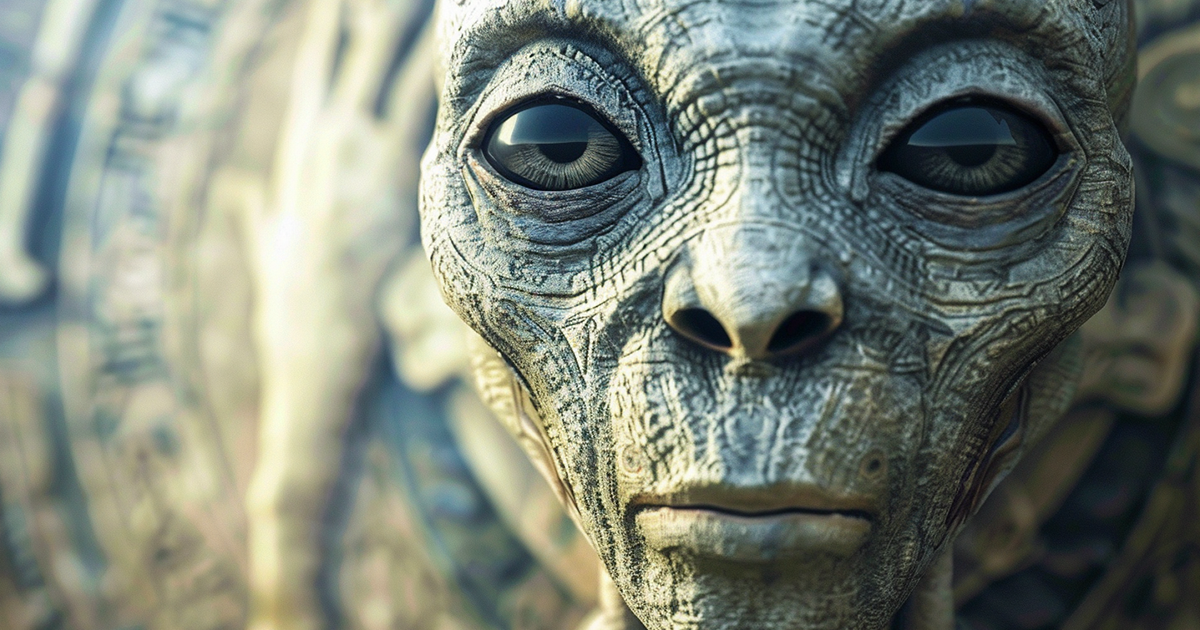Delving into the profound connection between early civilizations and the cosmos leads us to the enigmatic influence of the Sumerians. Among their various achievements, the deep comprehension of astronomy by this ancient civilization raises intriguing questions about a possible link with extraterrestrial beings.
Ancient Mesopotamia was home to the Sumerians, who played a crucial role in advancing humanity. They are renowned for inventing writing, the wheel, and establishing the earliest city-states. However, it is their profound understanding of the celestial sphere that prompts discussions on potential encounters with entities beyond our world.
At the core of Sumerian beliefs were their gods, who were believed to govern all aspects of life, including celestial phenomena. Their cuneiform writings, such as the Enuma Elish and the Epic of Gilgamesh, served not only as religious texts but also contained valuable astronomical knowledge.
The meticulous observations of celestial events by the Sumerians in their astronomy are captivating. Scholars marvel at their precision in monitoring celestial cycles, lunar phases, and planetary positions in the night sky, achieved with the limited technological resources available during that era.

Advocates of the Sumerian-alien interaction theory cite this astronomical accuracy as proof of extraterrestrial guidance. They propose that such advanced knowledge of astronomy could only have been acquired with assistance from beings not of this world. This perspective suggests that these purported alien mentors shared astronomical wisdom, enabling the Sumerians to make groundbreaking discoveries ahead of their time.
Supporters also highlight Sumerian art and artifacts depicting figures donning attire resembling modern spacesuits, giving rise to theories of encounters with sophisticated extraterrestrial entities. Descriptions of gods descending from the heavens in flying vessels echo present-day UFO sightings, further reinforcing the concept of extraterrestrial involvement.
Amid these assertions, skeptics urge caution in solely attributing Sumerian accomplishments to alien interference. They contend that the Sumerians’ mastery of astronomy stemmed from meticulous observations and detailed record-keeping, rather than external influences. Furthermore, they note similar astronomical progress made by civilizations like the Egyptians and Chinese without invoking alien associations.
Critics stress the significance of considering the cultural context when interpreting ancient texts and artifacts. Sumerian deities were frequently portrayed in humanoid forms, blurring the distinction between humans and gods. Thus, depictions of human-like figures in Sumerian art may represent divine beings rather than literal extraterrestrials.
Despite the absence of concrete evidence, debates regarding Sumerian-alien interactions remain speculative. While the idea of ancient astronauts imparting knowledge to early societies is captivating, a discerning approach and thorough analysis are necessary when assessing such assertions.
The unresolved question of whether the Sumerians’ astronomical accomplishments were impacted by encounters with aliens persists. Nevertheless, their contributions to human advancement are indisputable. Their insights into the cosmos set the stage for future astronomical breakthroughs, evoking awe and inquisitiveness across generations.
As we unravel the universe’s mysteries, the narrative of the Sumerians mirrors humanity’s enduring pursuit of knowledge – a timeless voyage that transcends the confines of time and imagination.
